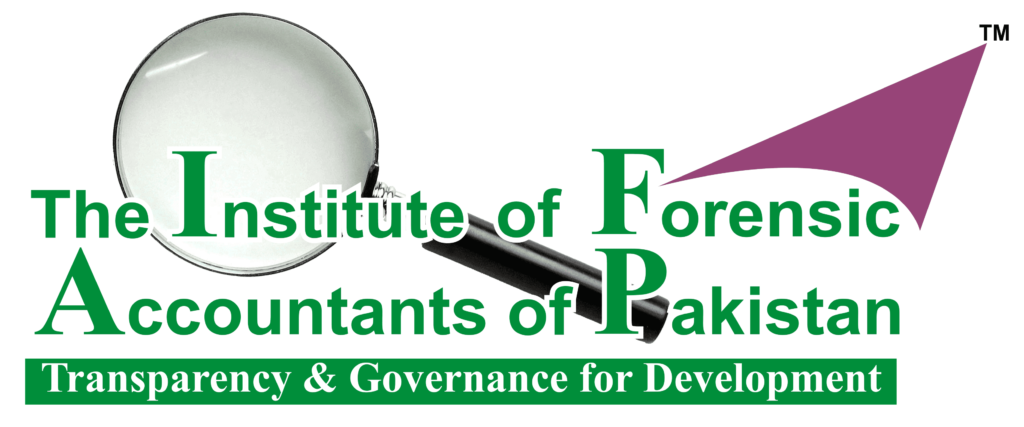The Significance of Introducing Forensic Accounting Education in Pakistan
Forensic accounting, a specialized branch of accounting that investigates financial irregularities and potential fraud, has become increasingly vital in today's business landscape. As economies evolve and financial transactions become more complex, the need for forensic accounting expertise has grown substantially. This article discusses the importance of implementing forensic accounting education in Pakistan and how it can benefit the nation's financial and legal systems.
Why is Forensic Accounting Education Necessary in Pakistan?
Fighting Financial Crime: In Pakistan, financial fraud and white-collar crime pose significant threats to economic stability. These crimes may involve embezzlement, money laundering, tax evasion, and corporate fraud. With forensic accounting education, professionals can be trained to detect and prevent such fraudulent activities. This will, in turn, safeguard investors, protect businesses, and promote economic growth (Kranacher & Riley, 2023).
Enhancing Corporate Governance: Forensic accountants are essential in promoting corporate transparency and accountability. In Pakistan, as in many countries, corporate governance issues often lead to financial scandals and market instability. By introducing forensic accounting education, individuals can be prepared to investigate financial reporting practices and ensure adherence to ethical standards (Joseph, 2013).
Legal System Support: Forensic accountants play a crucial role in the legal system by providing expert testimony and evidence in cases involving financial disputes and fraud. By establishing forensic accounting programs in Pakistan, the country can create a pool of professionals who can aid the legal system in resolving financial disputes effectively and efficiently (Kranacher & Riley, 2023).
Economic Growth and Foreign Investment: For a country to attract foreign investment and ensure economic growth, it is imperative to have a robust financial system that can instill confidence in investors. Implementing forensic accounting education can help build trust in Pakistan's financial markets, making it more attractive to foreign investors (Kranacher & Riley, 2023).
Challenges and Solutions
Lack of Awareness: One of the significant challenges in implementing forensic accounting education in Pakistan is the lack of awareness about the field. To address this, the government, educational institutions, and professional bodies should collaborate to promote the importance of forensic accounting and its potential career opportunities.
Inadequate Infrastructure: Establishing forensic accounting programs requires resources and infrastructure, such as specialized laboratories and software tools for forensic analysis. Public-private partnerships and foreign aid can be explored to overcome this challenge.
Faculty Expertise: To ensure the quality of forensic accounting education, Pakistan should invest in developing the expertise of faculty members. Scholarships and training programs can encourage professionals to specialize in forensic accounting and become educators.
Curriculum Development: The curriculum for forensic accounting education should be tailored to the specific needs of Pakistan. Collaboration with international institutions and experts in the field can help in curriculum development and updates to keep pace with evolving forensic accounting practices.
The Road Ahead
Implementing forensic accounting education in Pakistan is not a choice but a necessity. It can empower individuals with the skills and knowledge needed to combat financial fraud, strengthen corporate governance, and support the legal system. Furthermore, it can contribute to economic growth and attract foreign investment.
This endeavor will require the concerted efforts of government, academia, and the private sector. It will also require a commitment to raising awareness and overcoming the challenges associated with curriculum development, infrastructure, and faculty expertise.
In conclusion, forensic accounting is a discipline that transcends numbers and has far-reaching implications for the financial stability and transparency of a nation. Pakistan stands to benefit significantly from introducing forensic accounting education, and it is a crucial step toward ensuring a sound financial system and a safer business environment.
References:
Joseph, T. (2013). Principles of Fraud Examination (4th ed.). Wiley.
Kranacher, M.-J., & Riley, R. (2023). Forensic Accounting and Fraud Examination (3rd ed.). Wiley.
Author:
Muhammad Ali
FICFA, FIPA, FFA, CCFA, FFA, FCIAP, MBA

